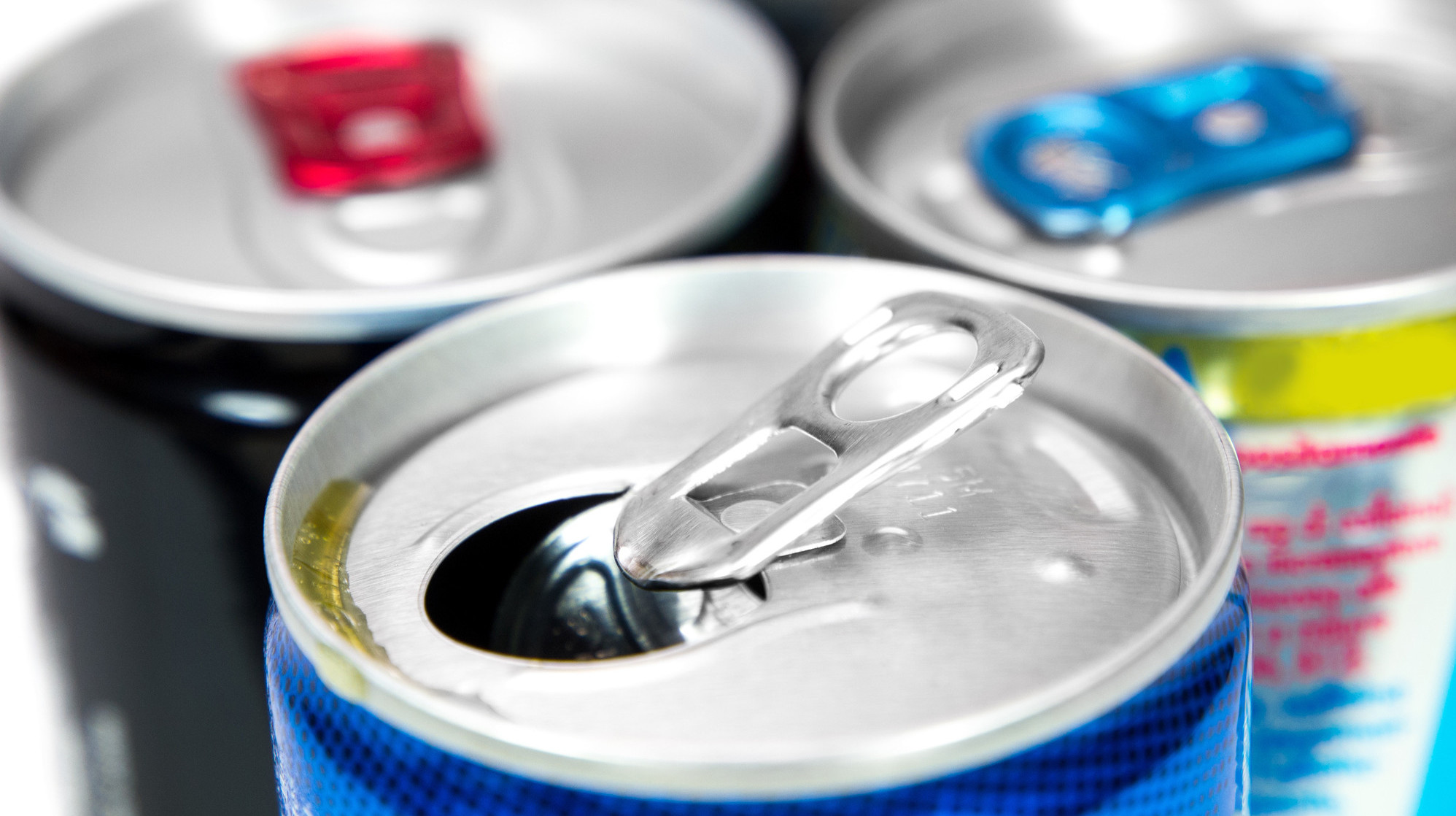Yeah, Energy Drinks Are Probably Messing With Your Heart
Despite their ubiquity, energy drinks are still confounding to public health agencies. The World Health Organization guardedly said in 2014 that energy drink consumption among young people is "reason for concern" and "may pose a danger to public health." But because there have been few randomized, controlled, or long-term studies of energy drinks' safety, the general health consensus seems to be a sort of concerned shrug. A new study, though, shows energy drinks' direct effects on heart rhythm and blood pressure. And—shocker—it's not great.
Researchers published the results of their randomized, double‐masked, placebo‐controlled, crossover study in the Journal Of The American Heart Association. The experiment, conducted on 34 healthy adults, instructed participants to consume either two 16-ounce energy drinks or placebo beverages in the course of an hour. Subjects drank them on three days with a six-day break in between.
The researchers found consumption of energy drinks raised blood pressure and "significantly prolonged" the QTc interval, a measure of how long the heart takes to contract and relax. Prolonged QTc intervals have been associated with increased risk of sudden cardiac death in older adults.
The energy-drink researchers acknowledge the relatively small sample size as well as the fact that consuming 32 ounces of energy drink in an hour may not mimic the way people actually drink these products in the real world. Still, they conclude "individuals with acquired or congenital long QT syndrome and those with hypertension should be more vigilant and limit their energy drink intake."
The real question remains: What about the teens? Nearly a third of American teens ages 12-17 regularly consume energy drinks, and researchers admit there's little evidence as to whether these products are safe in the long-term. My unscientific, common-sense takeaway: If you're at all worried about your heart, stay away from this stuff.
